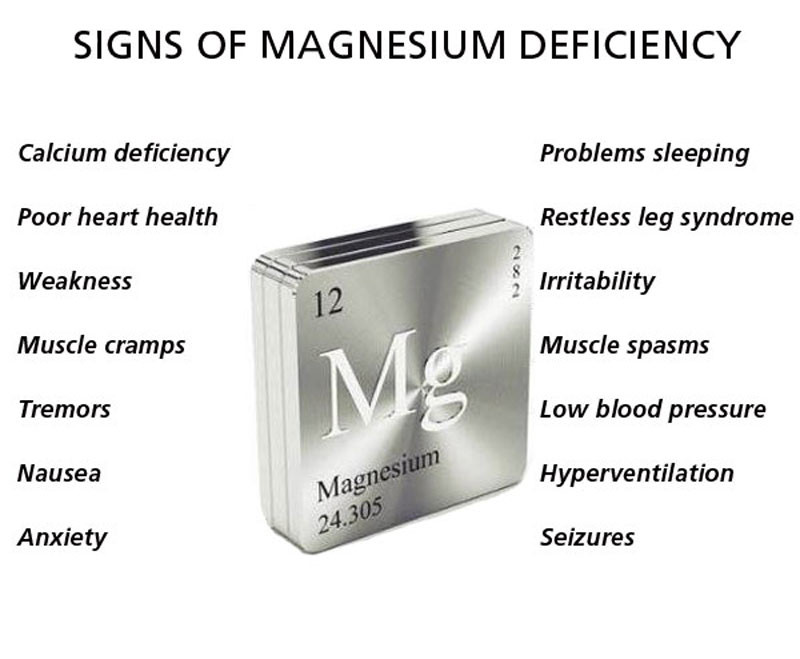Perhaps you've already heard about
magnesium as a supplement; maybe a friend or a relative includes it in their daily regimen. But there's a good chance that you should get even more familiar with magnesium. According to statistics, about 80 percent of Americans are considered deficient in magnesium, an essential mineral that assists in the function of our bodies.
To make sure you're in the know about magnesium, take a look at these four things you should know about this important mineral:
1. Magnesium is essential for body function
This mineral is found throughout the body — including your red blood cells, your bones. It ranks as the fourth most abundant mineral in the body, with it making a presence in your bones, the cells of your muscles, liver and heart, and, to a lesser degree, your blood. It is considered essential in helping your nervous, cardiovascular and muscular systems function properly. It also is considered helpful in reducing the risk factors that lead to diabetes and heart disease. According to a Harvard University study, taking magnesium can reduce the risk of developing diabetes by 33 percent
2. Magnesium can be found naturally in certain foods
Foods that are high in magnesium include nuts and seeds, fatty fish like salmon, avocados, bananas, and dark leafy greens, such as spinach, kale and collard greens.
3. Signs of magnesium deficiency varies
You may have a magnesium deficiency if you're experiencing symptoms like an irregular heartbeat, irritability, muscle spasms, cramps, depression, and high blood pressure.
4. Recommended amounts of magnesium vary
Depending upon your gender and age, your recommended dietary allowances for magnesium will vary, according to the National Institutes of Health. They range from 280 to 300 mg for adult females, 270-400 mg for adult males; 320 mg for pregnant females; 340-355 mg for breastfeeding females; 40-85 mg for infants up to 3 years of age; 120 mg for children 4-6 years old; 170 mg for children 7-10 years old; 280-300 mg for teen females and 270-400 mg for teen males.
Strive to boost your magnesium intake through healthy foods. If you're unable to maintain daily dietary allowances, consider adding a magnesium supplement to your diet. WonderLabs features an assortment of
magnesium supplements to fit a variety of needs.

